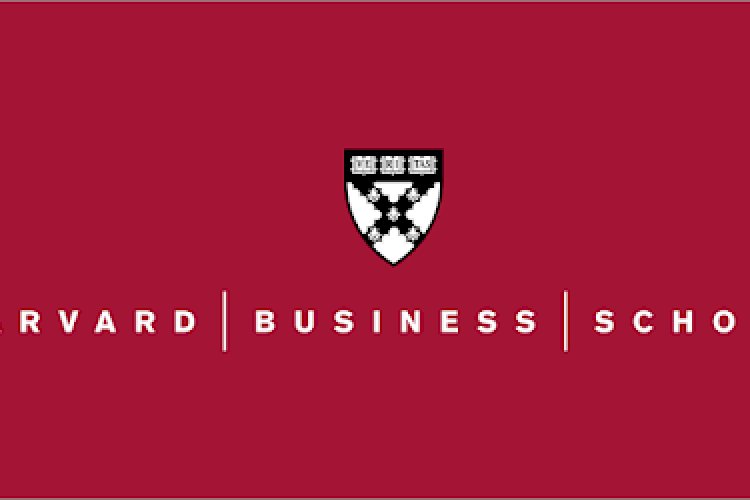
What do Fintech’s look for in graduates? For much of the last decade, technological innovation has shaken up banking to the point where financial technology (fintech) businesses, once the industry's upstarts, are now part of the establishment. In 2021, fintech venture capital financing worldwide will have doubled to $210 billion.
Because of the eagerness for fintech, universities and business schools are scrambling to keep up with the essential information, skills, and competencies. Some universities are offering fintech-specific degrees. New York University's Stern School of Business, one of the first colleges to provide fintech education in 2014, will launch a one-year, part-time Master of Science in Fintech program in May. It seeks to address a wide range of topics, including data programming, platform strategy, blockchain and cryptocurrencies, machine learning in finance, and fintech leadership.
How to Get Started in Fintech
Getting a high-paying fintech job depends on your degree of expertise and how well you can demonstrate that expertise to potential employers. You'll need specialized training if you want a chance at the highest-paying employment. Fintech is a fast-paced, rapidly evolving sector, and those who stay ahead of the curve are the winners. Unlike traditional banking, where your academic proficiency is essential, fintech requires demonstrable talents.
Skills that Fintech Employers look for
On the technical side, the capabilities that fintech employers want are rapidly changing. According to Spade, programming talents like Python, R, VBA, and "classics" like Java and C++ are constantly in demand. So, the advice is to concentrate on continuous learning and experiment with different methods of staying current with the latest innovations.
Employers in the fintech industry are also looking for IT skills in other areas, such as payments technology, data analytics, user experience (UX), etc. However, Eloi Noya, academic director of the Esade Business School's Innovation in Finance program in Barcelona, believes that understanding the financial industry is also crucial.
Top Fintech Careers Considered
Fintech companies are distinct from big tech companies in size and emphasis. Fintech companies are solely focused on using technology to provide financial products and services, whereas big tech companies consider financial services to be a small value-add for their consumers. Fintech’s specialize in a variety of fields, and below are some of the most popular ones:
-
Analysis and Data Science
We set a new record for the volume of data generated every year. The worldwide financial system processes trillions of online transactions, including purchases, bookings, subscriptions, payments, transfers, and trades. If this mountain of data can be appropriately analysed and turned into relevant information, it's worth its weight in gold.
-
Wealthtech Careers
Wealthtech is the offspring of the wealth management and financial advisory industries colliding with current technology-enabled service delivery. Most of these sectors are volume-driven, and success hinges on making as many customer recommendations as possible and increasing commissions.
-
Machine Learning & Artificial Intelligence
For banks, or for that matter, any industry, AI may be both a force multiplier and a competitor. Right now, all we have are rule-based algorithms rather than actual AI. Machine learning is being developed by companies, allowing AI to learn those rules on its own, blurring the line between a rule-based algorithm and something very similar to how we think.
-
Career in Cybersecurity
According to multiple industry polls, cyber security is one of the most severe dangers to enterprises. The biggest blow comes not from losing valuable data but from the reputational damage that a cyber security failure can create. As a result, Fintech and IT businesses that provide solutions in this industry are thriving.
Final Thoughts
Tara Ryan, director of people experience at challenger bank Monzo, says she is looking for individuals who can "show critical thinking and a propensity for problem-solving".
According to Duffy, being a "good team fit" is possibly the most crucial competency at Thought Machine. "A candidate may be technically gifted and experienced, but he or she may be difficult to manage or unwilling to put in the effort required," she explains. "We attempt to ensure that a candidate is a good fit for our culture throughout the hiring process."
 MBA Center Global
MBA Center Global 









.jpeg)













